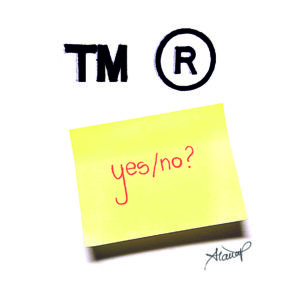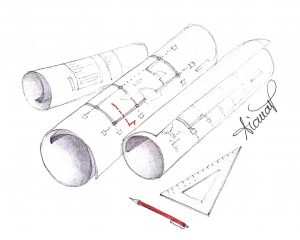People hire a freelance editor for various reasons. Here are just some of them:
- “I want to hire a freelance editor to make sure my research paper has the highest chances of being accepted by a top journal.”
- “Our paper was rejected, and we need to have it professionally edited before we can resubmit.”
- “This is a patchwork report, so it needs a coherent voice and style.”
- “My English is a bit rusty and I know I make mistakes, so I must hire a freelance editor.”
- “The copy needs to be flawless, but I don’t have time to edit it myself.”
- “Some reviewers said my [self-published] book needs language editing.”






